Your cart is currently empty!
Tag: OrganicGrowing
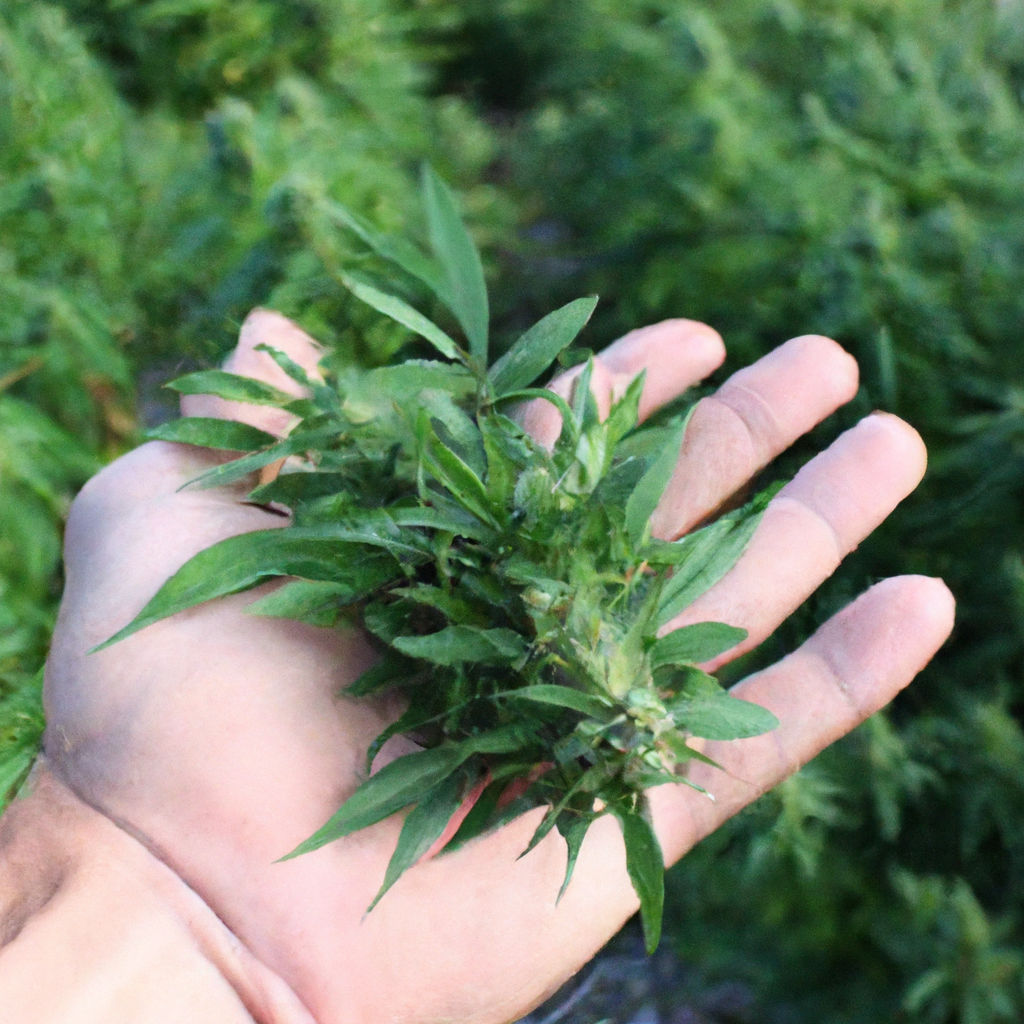
Organic cannabis cultivation is not just a trend; it’s a sustainable choice that reduces our ecological footprint. By using natural fertilizers, compost, and innovative pest control, growers produce healthier plants while benefiting the environment. Key practices include building a thriving soil ecosystem with rich compost, cover crops, and organic mulch. Opt for natural fertilizers like…
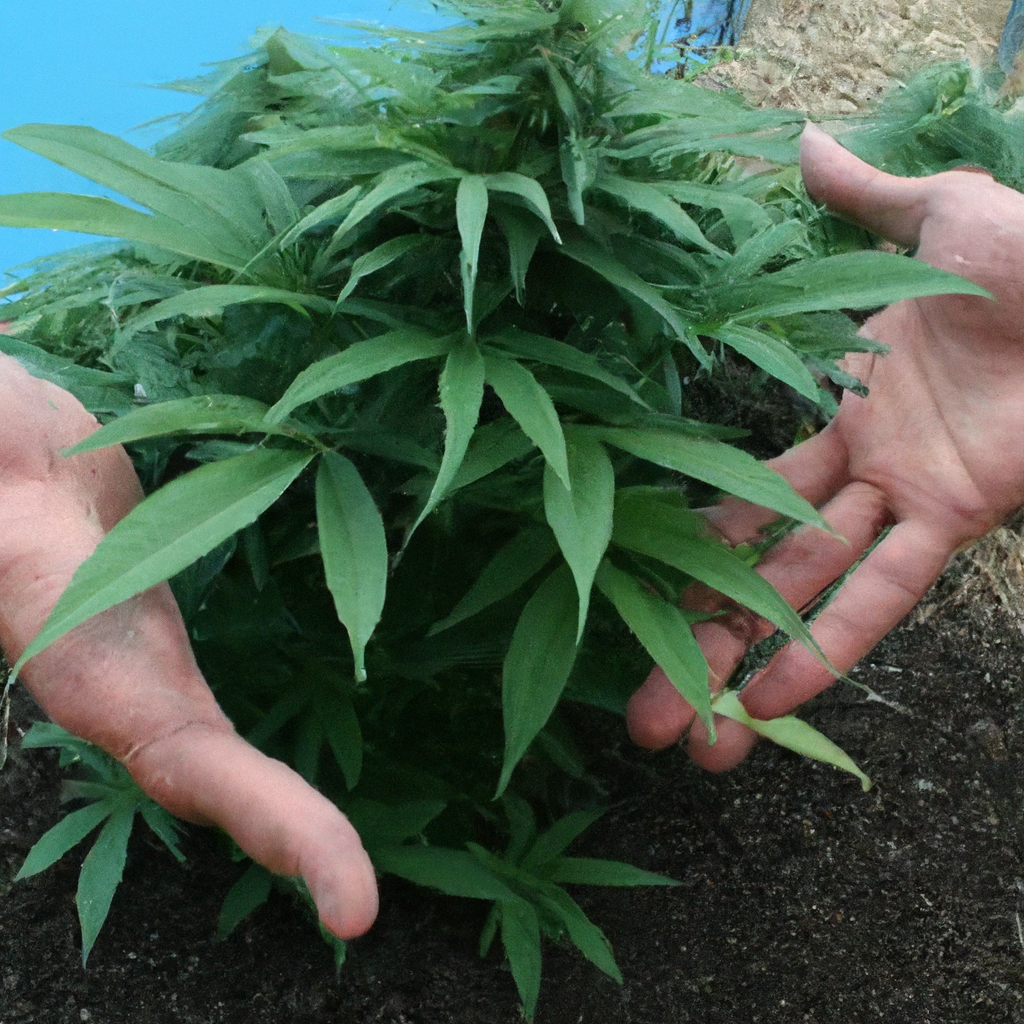
Growing cannabis organically involves utilizing natural processes that benefit both the environment and consumers, avoiding synthetic chemicals, and emphasizing sustainability. By building a healthy soil ecosystem rich in beneficial microbes and using natural fertilizers like fish emulsion and seaweed extract, growers can achieve high-quality yields with improved taste and aroma. Sustainable pest control methods, such…
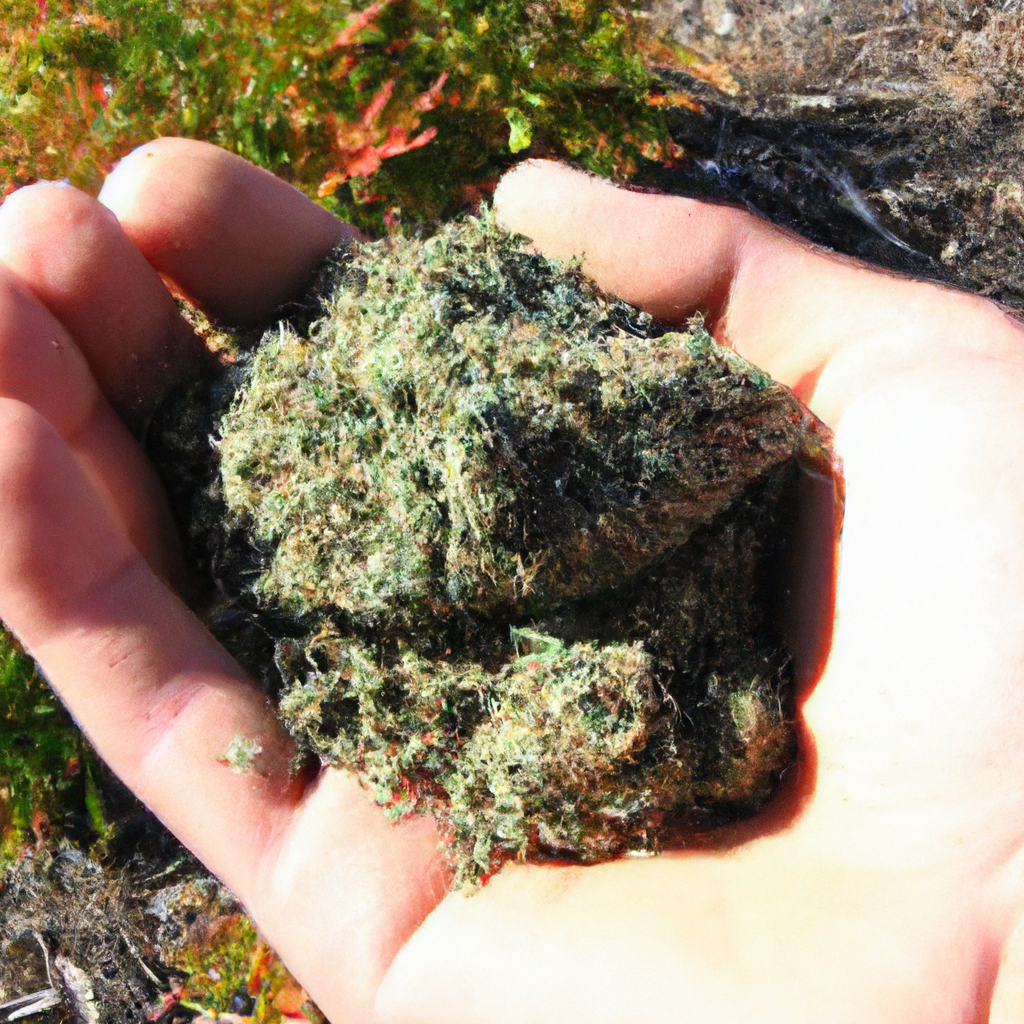
Embracing organic cannabis cultivation enhances plant health and supports environmental sustainability. By using natural fertilizers such as compost and worm castings, you provide essential nutrients while preserving the ecosystem. Building healthy soil ecosystems through pH balance, mycorrhizal fungi, and crop rotation is key. For pest control, opt for natural methods like beneficial insects, neem oil,…
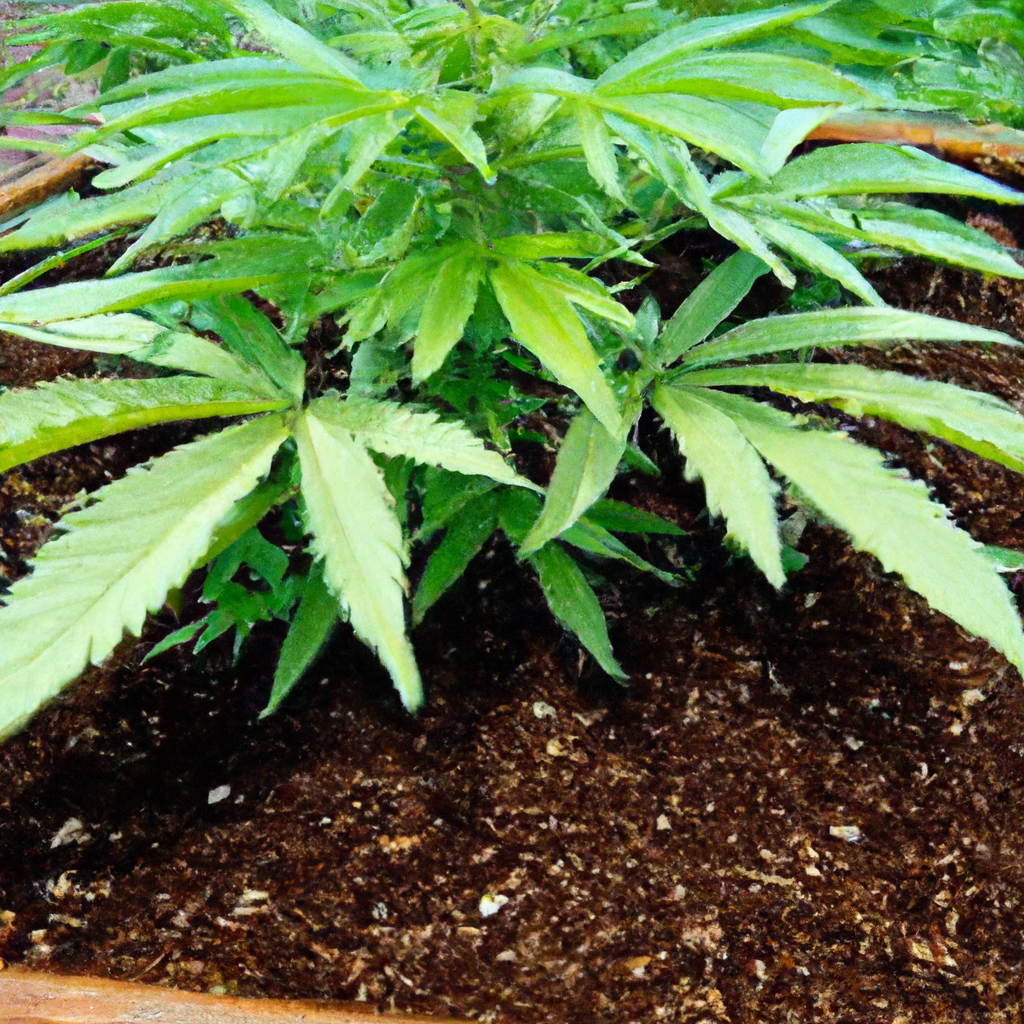
Embarking on organic cannabis cultivation enhances both environmental health and product quality. By using natural fertilizers, composting, and biological pest control, growers create a thriving ecosystem. Healthy soil, achieved through compost and natural fertilizers like worm castings, is crucial. Avoiding synthetic chemicals and focusing on sustainable practices, such as beneficial insects and companion planting, promotes…
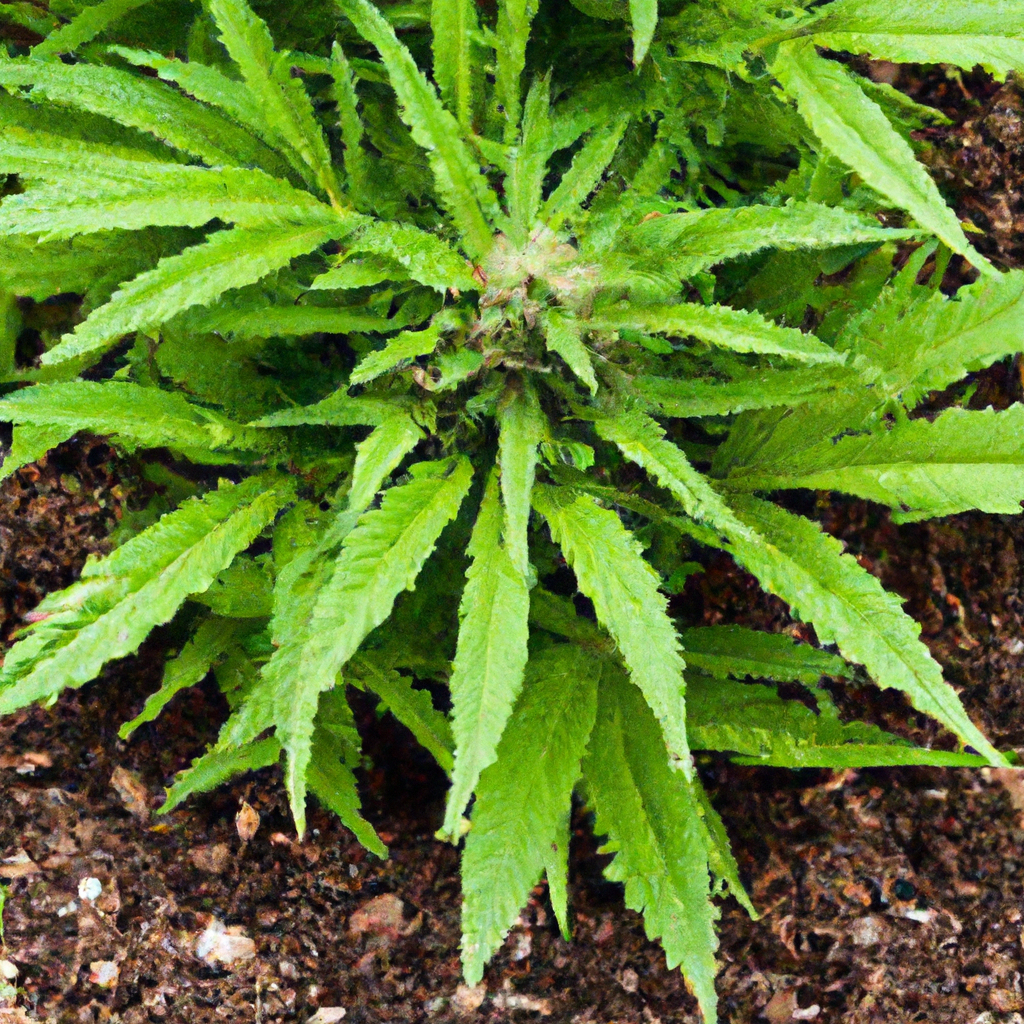
Organic cannabis cultivation provides a sustainable approach beneficial to both the environment and consumers by using natural fertilizers, compost, and organic pest control. This article delves into best practices for organic cannabis cultivation, such as developing healthy soil ecosystems and promoting sustainability. Key elements include using compost, bone meal, fish emulsion, and seaweed extract to…
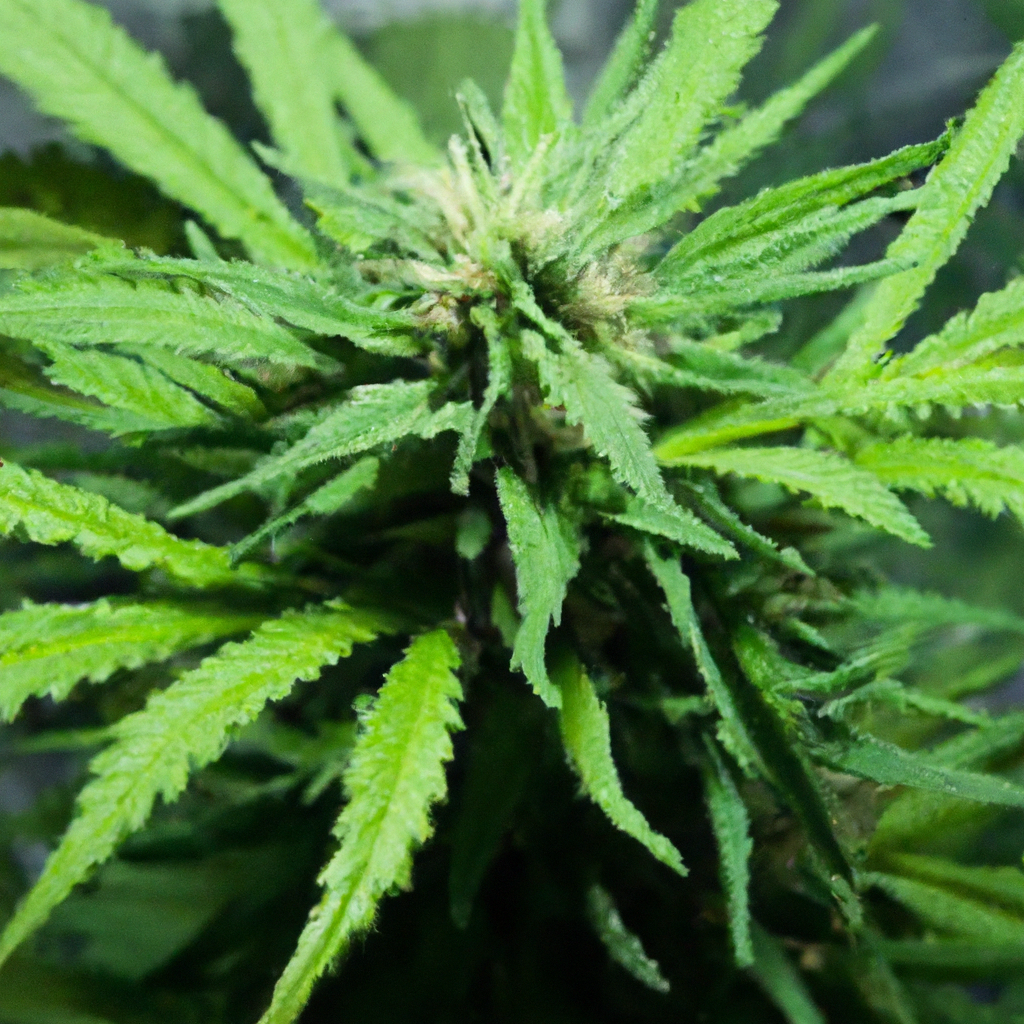
Growing cannabis can be rewarding yet challenging, often due to common mistakes that can be avoided with the right knowledge. To ensure a flourishing garden, be mindful of key factors: avoid overwatering by ensuring proper drainage and using moisture meters; maintain correct lighting with full-spectrum LEDs and proper distance; manage nutrients carefully by starting with…
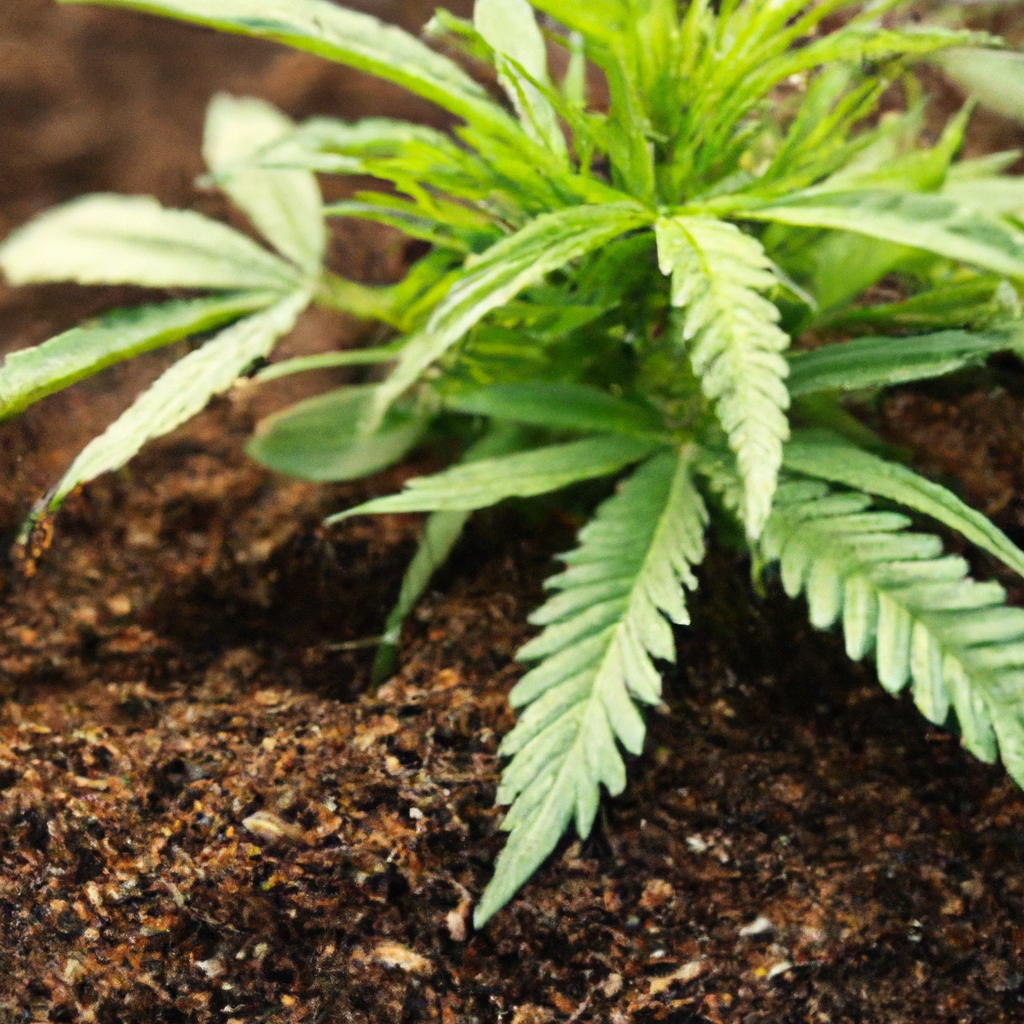
Organic cannabis cultivation emphasizes sustainability, environmental preservation, and high-quality production. This guide explores best practices for promoting healthy plant growth using natural fertilizers, compost, and organic pest control. Key strategies include building healthy soil ecosystems through composting and introducing beneficial microbes, using natural fertilizers like compost tea and seaweed extract, and employing sustainable pest control…
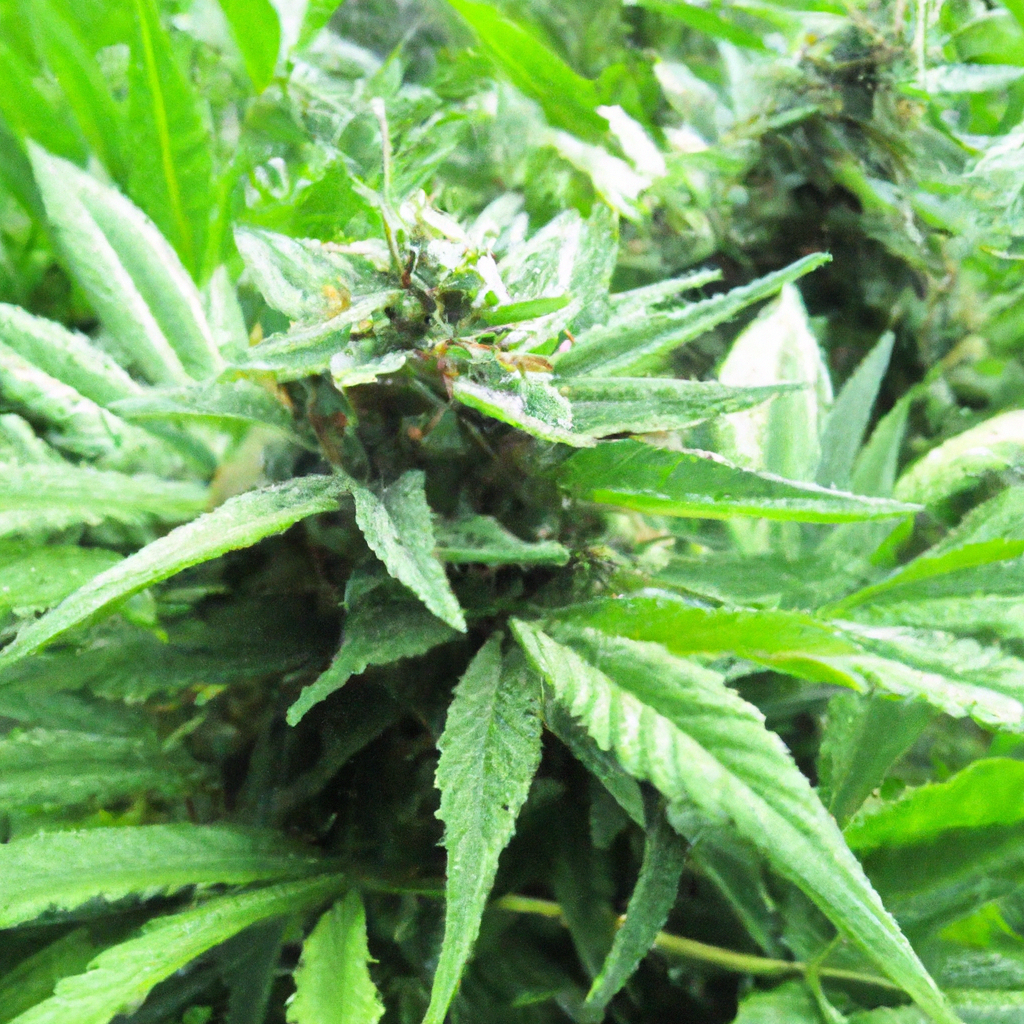
Embracing organic methods in cannabis cultivation benefits both the environment and consumer health by avoiding synthetic chemicals. This guide explores organic practices, starting with building a thriving soil ecosystem through composting, cover crops, and mulching. It highlights natural fertilizers like compost tea, fish emulsion, and seaweed extract for optimal plant growth. Eco-friendly pest management is…
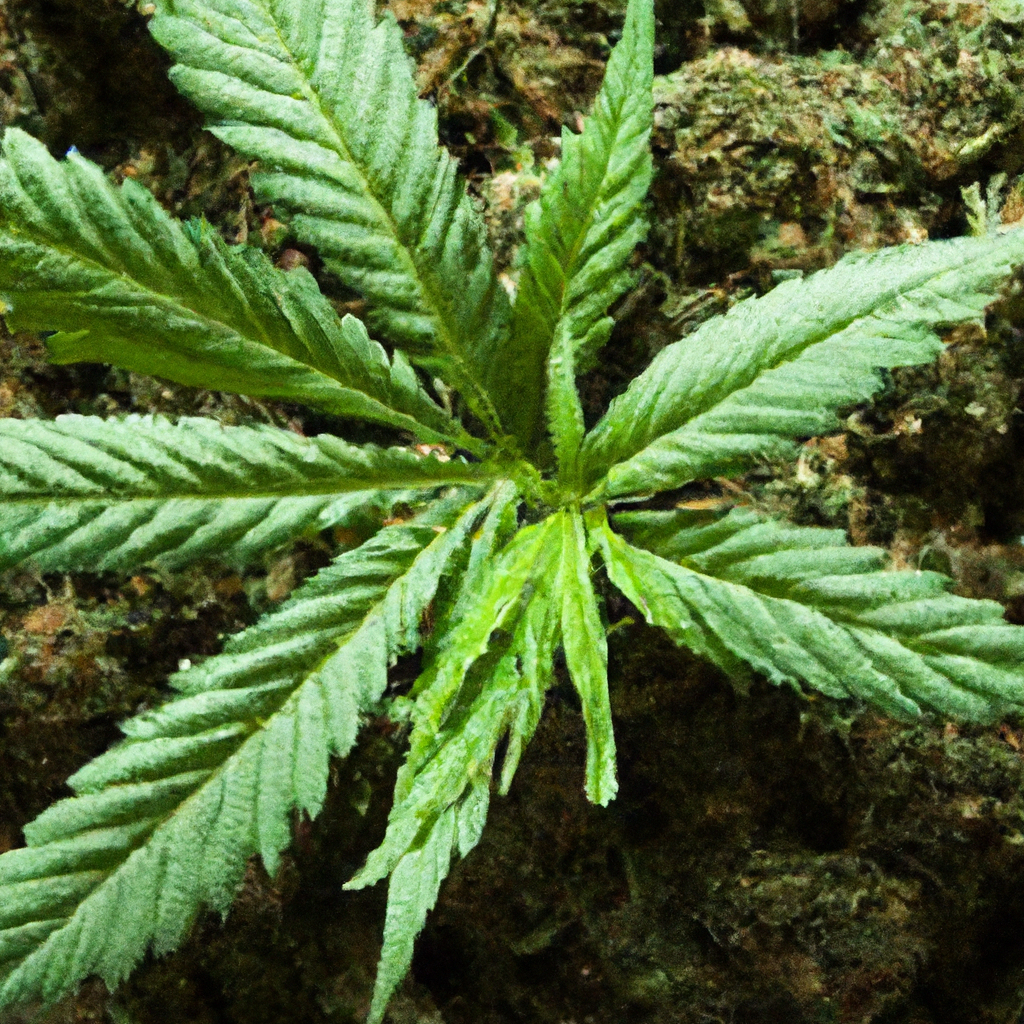
As the cannabis industry expands, more growers are adopting organic practices for healthier plants and sustainable operations. This guide explores top methods for organic cannabis cultivation, focusing on natural fertilizers, composting, and eco-friendly pest control. It emphasizes building a rich soil ecosystem through composting, crop rotation, and mulching. The use of natural fertilizers like bone…
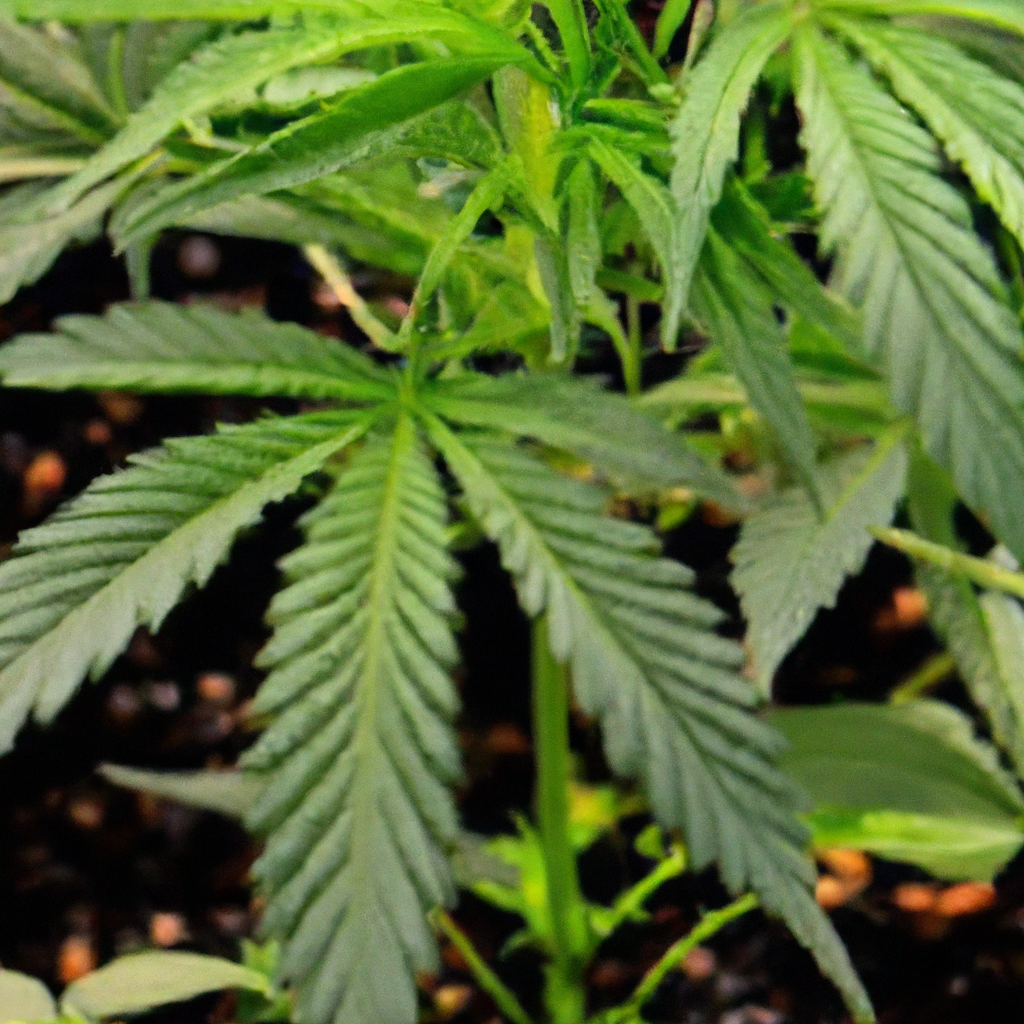
Embracing organic cannabis cultivation supports environmental sustainability and enhances harvest quality. Start with vibrant soil by using compost, cover crops, and biochar to build a diverse microbiome. Opt for natural fertilizers like fish emulsion, bat guano, and alfalfa meal to nourish plants. For pest control, utilize companion planting, beneficial insects, and neem oil rather than…
